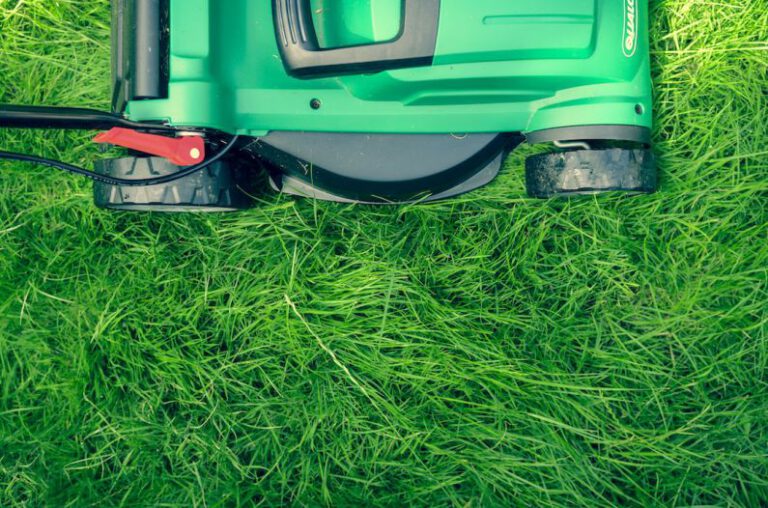Safe Storage of Fertilizers and Pesticides
Fertilizers and pesticides play a vital role in modern agriculture, helping to increase crop yields and protect plants from pests and diseases. However, these substances can also be potentially hazardous if not stored properly. It is crucial for farmers and gardeners to understand the importance of safe storage and take necessary precautions to prevent accidents or environmental damage. In this article, we will explore some guidelines for the safe storage of fertilizers and pesticides.
Understanding the Risks
Before delving into the specifics of safe storage, it is important to understand the potential risks associated with fertilizers and pesticides. These substances contain various chemicals that can be toxic to humans, animals, and the environment. Exposure to these chemicals can lead to adverse health effects, such as skin irritation, respiratory problems, or even long-term illnesses. Moreover, improper storage can result in spills, leaks, or contamination of water sources, causing harm to ecosystems and wildlife.
Choosing the Right Storage Area
The first step towards safe storage is selecting an appropriate storage area. Ideally, this area should be a separate, well-ventilated structure specifically designated for the storage of fertilizers and pesticides. It should be located away from living areas, water bodies, or areas prone to flooding. The storage facility should be lockable to prevent unauthorized access, and it should have adequate lighting and fire safety measures.
Organizing and Labeling
Once you have a suitable storage area, it is crucial to organize and label your fertilizers and pesticides properly. Keep them in their original containers, tightly closed and secured to prevent leaks or spills. It is important to segregate different types of products to avoid chemical reactions or cross-contamination. Furthermore, clearly label each container with the product name, date of purchase, and instructions for use. This will help you identify the contents easily and ensure that they are used correctly.
Temperature and Humidity Control
Temperature and humidity can greatly affect the stability and effectiveness of fertilizers and pesticides. It is essential to store these products in a cool and dry environment to prevent degradation. Extreme temperatures can cause chemical breakdown or evaporation, rendering the product ineffective or even dangerous. Therefore, avoid storing these substances in areas that are subject to high temperatures or direct sunlight. Additionally, monitor the humidity levels in the storage area to prevent moisture-related damage.
Fire Prevention Measures
Fertilizers and pesticides are flammable substances, which means that fire prevention measures are crucial for safe storage. Install fire extinguishers in the storage area and make sure they are easily accessible. Regularly inspect and maintain these extinguishers to ensure they are in good working condition. Moreover, keep the storage area free from combustible materials, such as gasoline, oily rags, or other chemicals that can increase the risk of fire.
Training and Education
Lastly, it is important to invest in training and education regarding the safe storage and handling of fertilizers and pesticides. Educate yourself and your staff on the proper procedures for storage, handling, and disposal of these substances. Stay updated on safety regulations and best practices recommended by relevant authorities. Regularly review and communicate these guidelines to ensure everyone involved understands and follows the necessary safety protocols.
In conclusion, the safe storage of fertilizers and pesticides is essential for the well-being of humans, animals, and the environment. By following the guidelines mentioned above, farmers and gardeners can minimize the risks associated with these substances and ensure their effective and responsible use. Remember, proper storage is not just a legal requirement; it is a fundamental responsibility towards ourselves and our planet.






